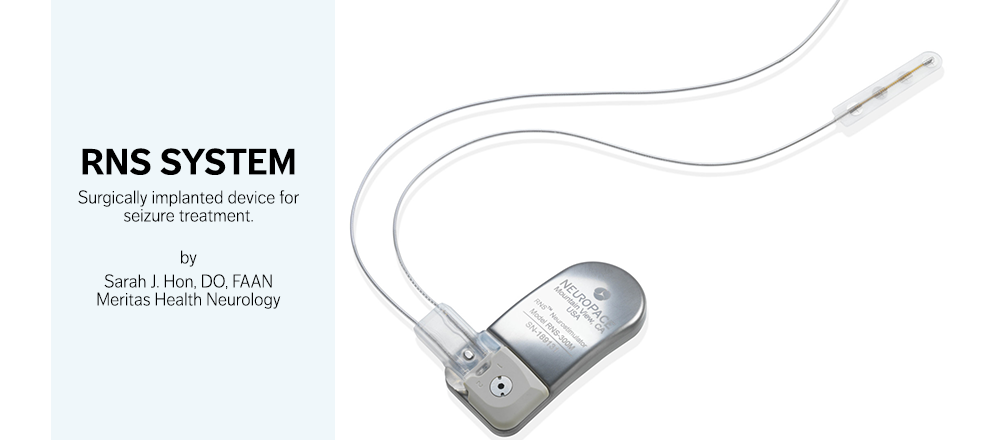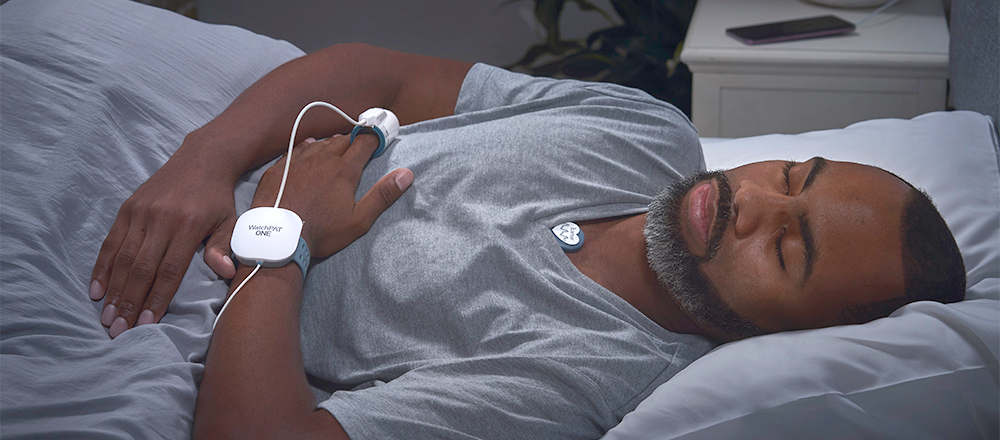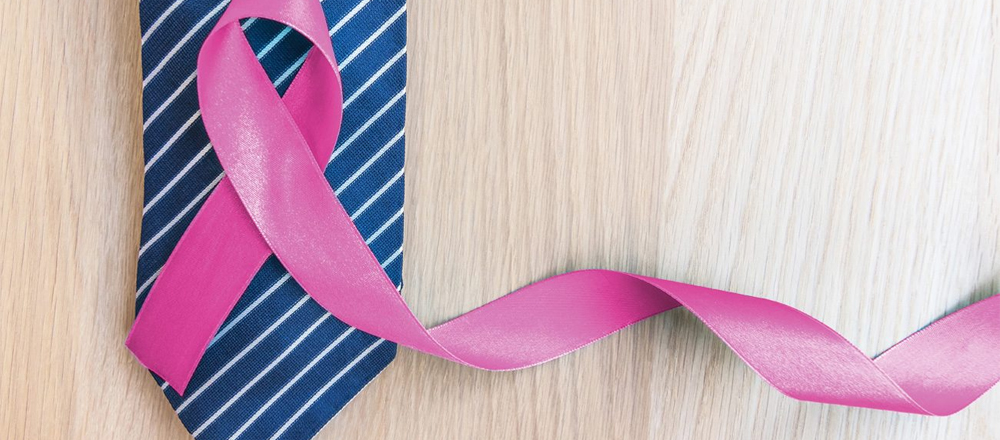Aquablation: For Prostate Pressure Relief
September 19, 2023By: Gerald Park MD
Categories: High Tech, Men's Health

Enlarged Prostate
Known as benign prostatic hyperplasia, an enlarged prostate is not cancerous. The risk increases as men age, with occurrence rates of 20%, 60% and 70% for men in their 50s, 60s and 70s, respectively. Each year, about 350,000 men need BPH treatment.
It’s frustrating when nature calls several times night after night. To add salt to your sleepless wound, you may have a urine stream that’s weak, stops and starts, dribbles or is hesitant.
The blame most often falls on an enlarged prostate gland. This gland sits between the bladder and urethra. As men age and the prostate grows, it puts pressure on the urethra and obstructs urine flow. The condition is also known as benign prostatic hyperplasia (BPH).
Aquablation therapy at North Kansas City Hospital can provide symptom relief. NKCH was the first hospital in Missouri and Kansas to offer this treatment. In July 2024, North Kansas City Hospital reached 500 total Aquablation therapy cases. This is the fastest any program has reached 500 cases in the U.S. and the most cases within a four-hour radius of Kansas City.
Aquablation
Aquablation therapy can help resolve these troubling issues caused by an enlarged prostate:
- Hesitant, weak or dribbling urine stream
- Inability to completely empty your bladder
- Sleeplessness due to the need to get up at night to urinate
As the prostate gets bigger, it also can cause issues with achieving an erection. Aquablation therapy preserves the part of the prostate that controls sexual function.
Before aquablation therapy, patients tried medications. When those no longer worked, they underwent surgery. Although both reduce urinary issues, they impact the prostate’s sexual function. With aquablation therapy, we can treat prostates without diminishing the ability to get erections or ejaculate.
Water + Tissue Removal
This minimally invasive procedure takes about 10 minutes. The urologist uses imaging to create a detailed map of the prostate and surrounding area. The map then guides a robotic system, controlled by the urologist, to remove enlarged portions of the prostate with a high-velocity water jet.
After an overnight stay in the hospital, the patient returns home on a catheter. This allows for urination while the urethra heals. The urologist removes the catheter a few days later.
Measure Your BPH Symptoms
Men do not have to live with or accept BPH as a part of aging. Use the American Urological Association Symptom Index/International Prostate Symptom Score website to measure the severity of your symptoms.
Our Kansas City Urology Care urologists treat BPH and a full range of urinary tract issues and conditions.



